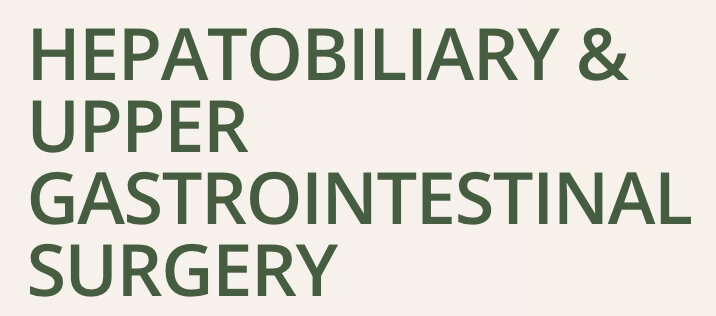Expected Normal Ketone Values after Very Low Calorie Diet (VLCD) and Bariatric Surgery
It is routine for bariatric patients to be placed on VLCD weeks prior to surgery. The aim is to reduce abdominal wall thickness and liver volume which contributes to reduced technical difficulties at operation.
VLCD helps to achieve rapid weight loss as it depletes caloric intake by reducing the consumption of carbohydrate and fat. This low energy diet triggers a process known as ketosis. Ketones are produced by the liver to take over the role of glucose as the main energy source for the central nervous system.
Although effective, there are now concerns about ketosis in the obese population who are prescribed glucose lowering medication to treat diabetes. Gliflozins is a diabetic medication that reduces glucose absorption in the kidney, leading to excretion of glucose in the urine. The medication is generally safe but is found to induce a potentially morbid complication called euglycaemic diabetic ketoacidosis (EDKA).
The Australia and New Zealand College of Anaesthetists recommend the cessation of Gliflozins 3 days prior to any surgery and blood ketone levels should then be used to monitor in the perioperative period.
Hence, what are the expected blood ketone levels in patients who have been on a pre-operative VLCD and are fasting for surgery?
Aim:
- To clarify the expected perioperative ketone and blood gas levels in elective bariatric patients who have been on a VLCD and fasting for surgery, compared to elective surgical patients who have only been fasting prior to surgery.

Status: Currently recruiting
Site: St Vincent’s Hospital Melbourne/St Vincent’s Private Hospital/Epworth Freemasons Hospital
Ethics: HREC/56961/SVHM-2019-197068
Principal Investigator: Mr Michael Hii
Eligibility
Inclusion
Adults >18 years of age
Undergoing elective laparoscopic bariatric or benign laparoscopic/open general surgery (cholecystectomy, hiatus hernia repair, inguinal hernia repair, umbilical hernia repair, ventral wall hernia repair)
Exclusion
Non-English speaking
Unable to provide own consent
Outcome Measures
Blood ketone levels
Venous blood gas levels
